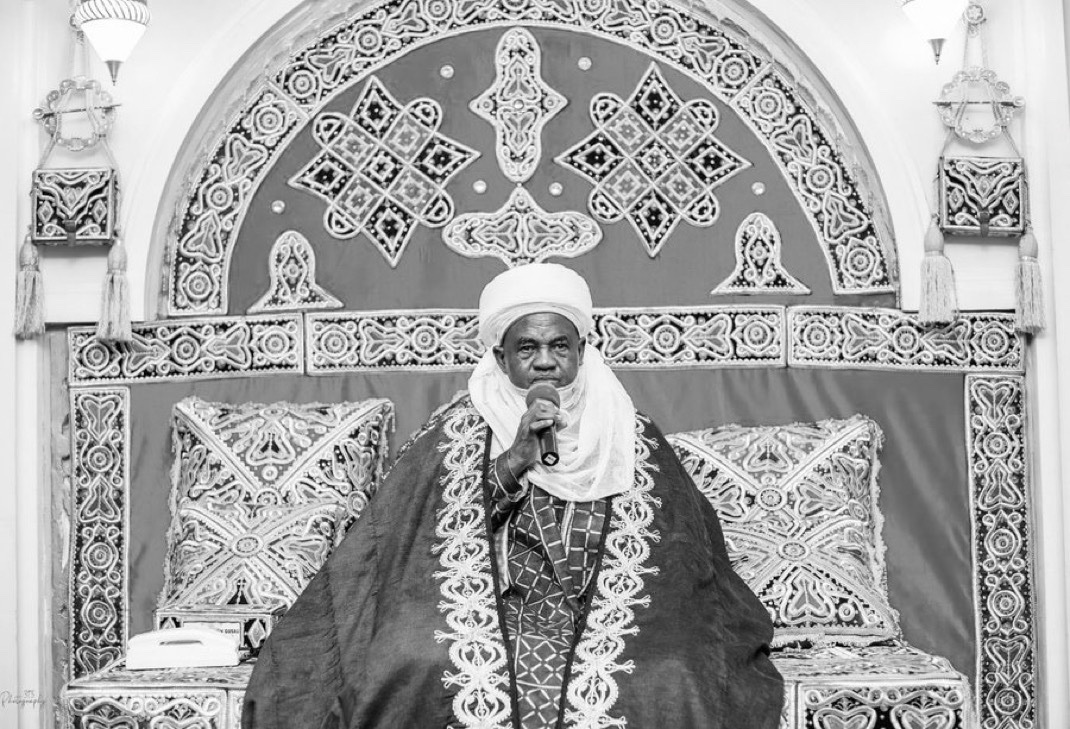
Chad Orders French Troops Out: A Bold Step Toward African Sovereignty
On April 30, 2025, Chad’s President Mahamat Deby made a decisive move by ordering the immediate withdrawal of French troops from the country, a directive that followed his earlier announcement in December 2024 to terminate a long-standing military agreement with France. Deby justified this decision by stating that the defense
On April 30, 2025, Chad’s President Mahamat Deby made a decisive move by ordering the immediate withdrawal of French troops from the country, a directive that followed his earlier announcement in December 2024 to terminate a long-standing military agreement with France.
Deby justified this decision by stating that the defense pact, which had been in place since Chad’s independence in 1960, no longer aligned with the nation’s current security demands.
For over a decade, Chad has been grappling with a persistent jihadist insurgency, and Deby argued that the French military presence was not adequately addressing these challenges.
This bold step marks a significant shift in Chad’s foreign relations and underscores a growing movement across Africa to assert greater independence from former colonial powers.
The image accompanying the announcement on X captures the symbolism of this moment vividly. President Deby is depicted in full military uniform, seated in front of Chad’s national flag, a powerful emblem of sovereignty and self-determination.
Behind him, the emblem of Chad’s government reinforces the message of national authority. In the lower half of the image, French soldiers are shown in their military gear, identifiable by the French flag patches on their uniforms.
This visual contrast highlights the historical presence of French forces in Chad, a relationship that dates back to the colonial era and persisted through decades of post-independence cooperation.
The French military had maintained a significant presence in Chad, with around 1,000 troops and warplanes stationed there, primarily to support counterterrorism efforts in the region.
However, Deby’s order signals the end of this chapter, as Chad seeks to redefine its strategic partnerships on its own terms.
This development is not an isolated event but part of a broader wave of anti-colonial sentiment sweeping across Africa.
Several countries, including Burkina Faso, Mali, Niger, and Senegal, have recently taken steps to reduce or eliminate French military influence within their borders.
In Chad’s case, the decision resonates with a growing desire for self-governance, a sentiment echoed by many on social media platforms like X.
Users praised the move as a historic step toward true independence, with some attributing inspiration to figures like Burkina Faso’s Captain Ibrahim Traoré, whose leadership has galvanized youth movements across the continent.
Traoré’s emphasis on sovereignty and self-reliance has become a rallying cry for a new generation of Africans who seek to break free from the lingering influence of Western powers and prioritize national interests over foreign agendas.
However, the decision has also sparked mixed reactions. While many celebrate Chad’s push for autonomy, others caution against potential risks.
Historically, military-led governments in Africa have faced challenges in maintaining stability and delivering on promises of development.
Some X users expressed concerns that Deby’s move, though symbolically powerful, could lead to security vacuums or economic repercussions if not managed carefully.
Chad’s strategic position in the Sahel, a region plagued by terrorism and armed conflict, makes this transition particularly delicate.
Nevertheless, the overwhelming sentiment on X reflects pride and optimism, with hashtags and comments emphasizing Africa’s “awakening” and the need to resist external oppression.
Deby’s order to expel French troops is a defining moment for Chad and a signal to the rest of the continent. It challenges the status quo of foreign military presence in Africa and aligns with a broader vision of Pan-African unity and resilience.
As Chad navigates this new path, the world watches closely to see how this shift will reshape its future and inspire other nations to follow suit in their quest for sovereignty.
Share this post
Related Posts

BREAKING: Emir of Gusau, Dr. Ibrahim Bello, Dies at 71 After Prolonged Illness
Gusau has been thrown into deep mourning as news broke of the death of its...

A Promising Melody Cut Short: Nigeria Mourns Destiny Boy as Reports Emerge of His Death at 22
The Nigerian music community woke up to a wave of shock and sorrow on Sunday,...

Court Grants Angela Okorie N5m Bail in Cyberbullying Case, Fans Breathe a Sigh of Relief
There was a wave of relief across sections of social media on Thursday as Nollywood...